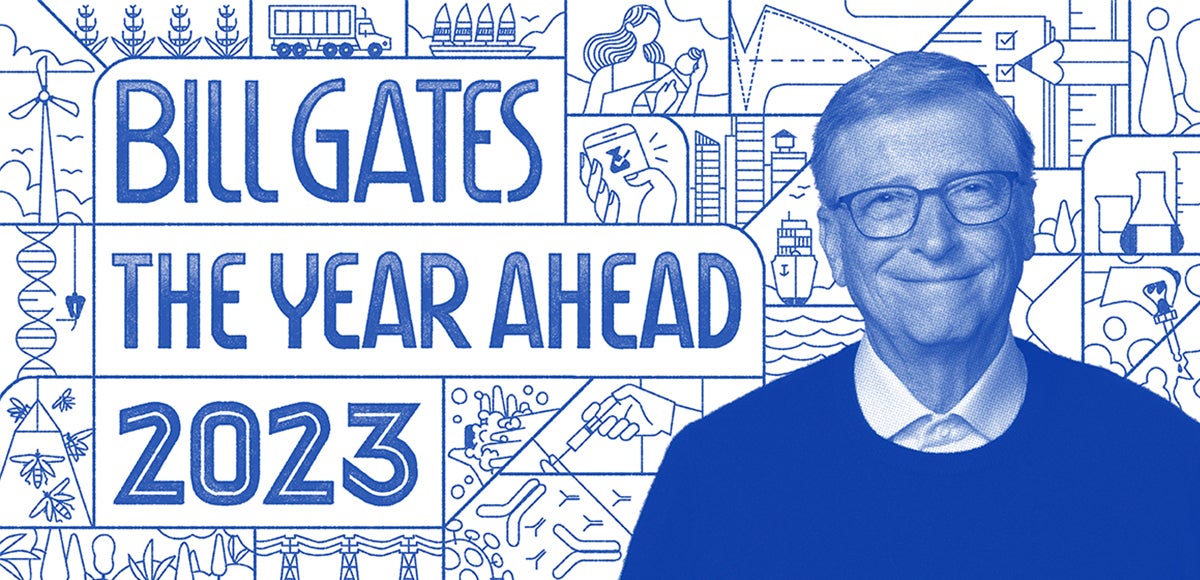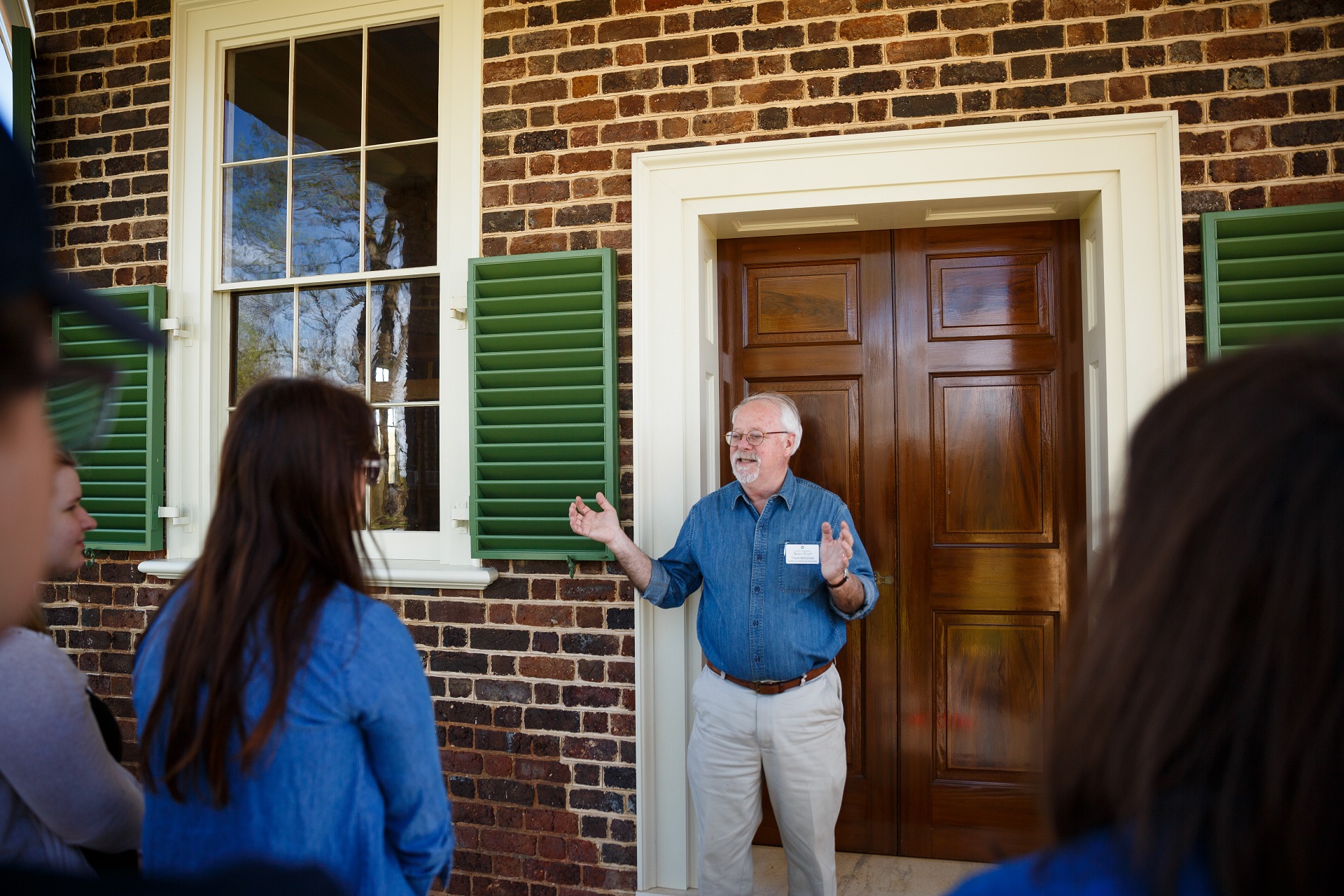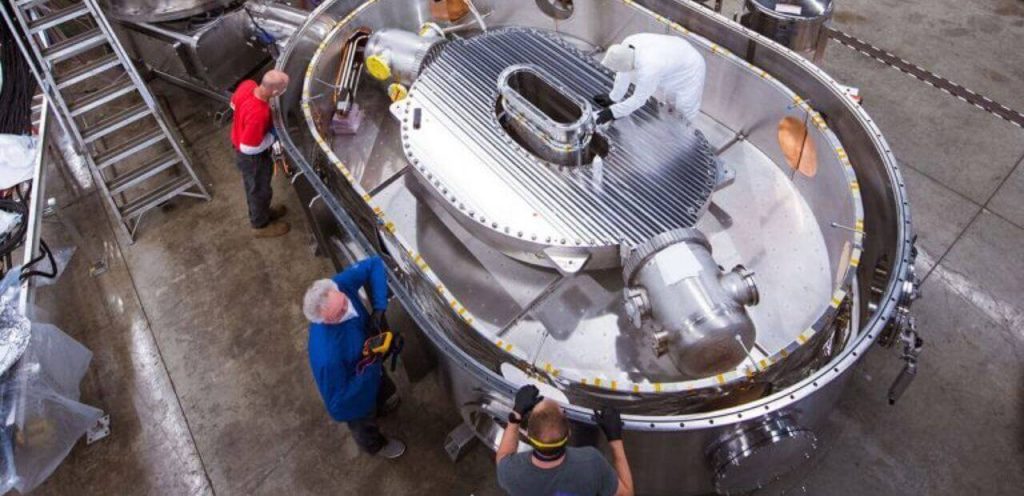The Diploma in Family Medicine in Bangladesh is a postgraduate course for doctors. It focuses on comprehensive healthcare for individuals and families across all ages and sexes.
The program equips physicians with the knowledge and skills needed to provide holistic primary care services in the community. It enhances their clinical expertise in managing common ailments, health promotion, and disease prevention. With a duration of one to two years, this diploma is designed to address the diverse healthcare needs at the grassroots level.
It underscores the importance of family medicine in the Bangladeshi healthcare system, preparing practitioners to serve as the first point of contact in the healthcare delivery chain. This specialized training fosters the development of compassionate, efficient family physicians adept in responding to an array of medical challenges.
Introduction To Family Medicine In Bangladesh
The introduction of Family Medicine in Bangladesh marks a transformative step in the nation’s healthcare landscape. This vital medical branch caters to comprehensive health services for individuals of all ages, emphasizing continuing and holistic care. As health awareness grows, the demand for qualified family physicians in the region escalates.
Growing Need For Primary Care
Bangladesh, with its robust population, faces a pressing challenge in the form of healthcare accessibility. The rising need for primary care services stems from factors ranging from increasing chronic diseases to a shortage of healthcare providers. Family medicine can bridge this gap effectively with its broad-spectrum approach.- Preventive care reduces the burden of diseases.
- Early intervention and treatment improve health outcomes.
- It minimizes the strain on tertiary healthcare facilities.
Benefits Of Specializing In Family Medicine
Pursuing a Diploma in Family Medicine presents a myriad of advantages. Medical professionals gain the expertise to manage diverse health issues, fostering a holistic healthcare model.| Benefit | Description |
|---|---|
| Versatile Knowledge | Family physicians learn to treat various medical conditions. |
| Continuity of Care | They offer consistent care through all life stages. |
| High Demand | Family doctors are sought after in urban and rural areas alike. |

Credit: www.gatesnotes.com
The Education Landscape For Doctors
Medical Training In Bangladesh
The road to becoming a doctor in Bangladesh begins with an extensive undergraduate program—MBBS (Bachelor of Medicine, Bachelor of Surgery). Spanning five years, this degree provides the bedrock of knowledge every physician must possess.- Intensive coursework in anatomy, pharmacology, and pathology sets the stage.
- Clinical rotations introduce real-world experience.
- A mandatory one-year internship follows, cementing practical skills.
Continuing Education And Specialization
The journey doesn’t stop at graduation. The pursuit of excellence guides doctors towards further education. Within this ethos, a Diploma in Family Medicine emerges as a path for doctors in Bangladesh.- It’s an additional two-year course tailored to primary care.
- Covering diverse health issues, it prepares doctors for any family health challenge.
- Training includes theory in-class, practical sessions, and hands-on community health projects.
Understanding The Diploma In Family Medicine
What The Diploma Entails
Family Medicine diploma shapes well-rounded physicians. The curriculum covers areas such as:- Pediatrics
- Geriatrics
- Chronic diseases
| Course Component | Description |
|---|---|
| Duration | 2 Years |
| Clinical Rotations | Yes |
| Research Project | Required |
Differences From Other Medical Diplomas
The Family Medicine diploma is unlike other medical diplomas.- Breadth of Knowledge: It covers a vast range of conditions.
- Patient-Centered: Strong focus on long-term patient care.
- Versatility: Prepares for diverse healthcare settings.
Admission Process And Eligibility
Academic Prerequisites
Before applying for the Diploma in Family Medicine, candidates must meet specific academic requirements. Here are the essentials:- MBBS degree from a recognized university
- Registration with Bangladesh Medical and Dental Council (BMDC)
- Internship completion is mandatory before enrollment
Application And Selection Criteria
To secure your spot, you must follow the application procedure and meet the selection criteria. Be mindful of each step for success.- Fulfill all academic prerequisites.
- Prepare required documents: certificates, transcripts, and registration proof.
- Submit the application form by the deadline.
- Score well in the entrance exam, if applicable.
- Attend the selection interview.
Curriculum Structure
Core Subjects And Modules
The curriculum covers a variety of subjects essential for a family medicine practitioner:- General Medicine: Basics of internal medicine and managing common diseases.
- Pediatrics: Child health and diseases, growth, and development.
- Gynecology: Women’s health, pregnancy care, and reproductive system disorders.
- Geriatrics: Care for the elderly and age-associated diseases.
- Mental Health: Psychological disorders and providing mental health support.
- Community Medicine: Public health, preventive medicine, and epidemiology.
Hands-on Training And Internships
Hands-on training is a crucial part of the learning process:- Internships at recognized medical centers.
- Real-world clinical exposure under supervision.
- Routine patient consultations and follow-ups.
- Emergency care and minor surgical procedures.
- Community health camps and outreach programs.

Credit: www.ey.com
Key Skills Acquired
Patient Care And Management
Effective patient care and management are central to family medicine. Participants in the program learn to:- Build strong patient-doctor relationships through excellent communication skills.
- Assess patients efficiently with a thorough understanding of their history and symptoms.
- Develop personalized care plans that cater to individual patient needs.
- Coordinate care among various healthcare providers.
- Manage chronic diseases, helping patients achieve the best possible quality of life.
- Provide preventive care and health education to reduce the risk of disease.
Diagnostic And Therapeutic Procedures
Critical to family medicine is the capacity to perform a range of diagnostic and therapeutic procedures. The diploma program covers:- Basic diagnostic procedures like blood tests, ECG, and spirometry.
- Minor surgical skills, including suturing and wound care.
- Interpreting medical imaging to identify health issues early on.
- Implementing therapeutic procedures such as joint injections and cryotherapy.
- Managing emergency situations, stabilizing patients, and providing appropriate care.
Renowned Institutions Offering The Diploma
Top Medical Colleges And Universities
Bangladesh boasts several prestigious institutions where doctors can pursue a Diploma in Family Medicine. These centers of excellence not only provide theoretical knowledge but also hands-on clinical training to their students.- Bangabandhu Sheikh Mujib Medical University (BSMMU): This university offers a variety of postgraduate medical courses.
- Dhaka University: Known for its rich history and high standards in education.
- Chittagong Medical College: Provides hands-on exposure to diverse medical cases.
- Sylhet MAG Osmani Medical College: A hub for aspiring family practitioners.
- Rajshahi Medical College: Esteemed for its experienced faculty and quality training.
Comparing Urban And Rural Training Opportunities
The Diploma in Family Medicine course structure includes learning opportunities in both urban and rural settings. Each setting offers unique challenges and experiences vital for a family physician’s growth.| Training Setting | Benefits |
|---|---|
| Urban | Access to modern facilities and diverse cases |
| Rural | Understanding community health and primary care practices |
Faculty And Mentorship
Role Of Experienced Practitioners
Eminent doctors lead the diploma course, bringing years of clinical experience to the classroom.- They provide real-world insights into patient care.
- Their expertise ensures that students receive up-to-date medical education.
- Interactive sessions allow students to engage with various medical scenarios.
Mentorship And Its Impact On Training
Mentorship is pivotal in the diploma’s success, enabling a tailored learning approach.- Mentors guide students through complex cases, enhancing problem-solving skills.
- They offer one-on-one support, focusing on individual growth.
- Feedback systems are in place to track and improve student performance.
Integrating Modern Medicine With Local Practices
As Bangladesh strides forward in healthcare, the Diploma in Family Medicine bridges gaps. This program melds modern methods with local wisdom. Students study both scientific advancements and traditional practices. This approach aims to provide holistic care that respects cultural contexts.
Challenges And Adaptation
Understanding local traditions presents challenges. Medical practitioners often encounter unique health beliefs and practices. Thorough training in cultural competence becomes necessary. Here is where the course steps in, equipping doctors with knowledge and adaptable skills.
- Language barriers demand effective communication skills
- Availability of resources varies across regions
- Trust-building requires time and patience
Students learn to navigate these challenges. They adapt modern medicine to fit local needs. This ensures patients receive culturally sensitive care.
Incorporating Traditional Healing
The diploma program does not overlook time-honored healing methods. Traditional medicine remains deeply rooted in many communities. Students learn about herbal treatments, spiritual healing, and more.
- Identify common traditional practices in the community
- Understand the efficacy and safety of these practices
- Integrate evidence-based modern treatments with traditional care
Such integration respects patient beliefs while ensuring safety and efficacy. Students engage with local healers to foster a collaborative atmosphere. They aim to harmonize modern and traditional medicine, offering the best possible care.
Funding And Scholarships
Government And Private Assistance
Financial support for education often comes from two main sources: government initiatives and private organizations. Both sectors recognize the importance of promoting expertise in healthcare. Thus, they offer various forms of aid to students in Bangladesh.| Type of Assistance | Description | Eligibility |
|---|---|---|
| Government Grants | Grants often cover tuition fees and may also provide stipends for living expenses. | Must meet academic and financial criteria set by government bodies |
| Private Funds | These funds may come from hospitals, private healthcare companies or philanthropists. | May require a separate application and adherence to specific guidelines |
Scholarships For Diplomas In Family Medicine
Scholarships are a cornerstone of educational funding, especially for healthcare programs like family medicine. They provide financial relief without the burden of repayment.- Merit-based scholarships: Awarded to students with outstanding academic records or achievements.
- Need-based scholarships: Aimed at students with demonstrated financial need.
- Program-specific scholarships: Allocated for study in specialized fields like family medicine.
- Community scholarships: Offered by local organizations committed to improving healthcare services in their areas.
- Identify scholarships relevant to the Diploma in Family Medicine.
- Gather required documents, such as academic transcripts and recommendation letters.
- Submit applications before the deadline.
- Prepare for any interviews or additional selection processes.
Empowering Rural Healthcare
Addressing Healthcare Disparities
In Bangladesh, rural healthcare faces many challenges. There are fewer doctors and clinics. People sometimes travel for hours to get treatment. The Diploma in Family Medicine is a beacon of hope. It trains doctors to handle diverse health issues. Trainees learn through practical sessions and community involvement.- Increases the number of healthcare providers in underserved areas.
- Improves access to primary healthcare services.
- Promotes awareness of preventative healthcare measures.
Impact Of Family Physicians In Rural Areas
Family physicians trained through this diploma make a real difference. They offer a wide range of services. They manage common illnesses, provide prenatal care, and treat chronic conditions.| Service | Impact |
|---|---|
| Chronic Disease Management | Improves long-term health outcomes. |
| Preventative Care | Lowers the risk of disease spread. |
| Emergency Care | Provides immediate support in critical times. |
Technology In Family Medicine
Telemedicine And E-health
Telemedicine is a game-changer. It connects doctors and patients online. E-health tools keep health records safe and easy to share.- Virtual Visits: See a doctor from anywhere using a computer or phone.
- E-Prescriptions: Get medicine prescriptions via email or text.
- Online Health Records: Access test results and medical history online.
- Appointment Scheduling: Book doctor visits online with ease.
Innovations In Patient Care
Doctors now have new tools to take care of patients.| Tool | Use |
|---|---|
| Wearable Devices | Track health, like heart rate and sleep patterns. |
| Remote Monitoring | Check on patients with chronic diseases from afar. |
| Online Portals | Ask doctors questions, get lab results, and more. |
| Mobile Health Apps | Manage health with apps for exercise, diet, and medication reminders. |
Challenges In Pursuing A Diploma In Family Medicine
Resource Limitations
Lack of resources often hampers the educational experience for those pursuing a Diploma in Family Medicine. Bangladesh’s healthcare system faces funding constraints, which can affect the quality of teaching materials and access to up-to-date medical equipment.- Limited access to medical journals
- Insufficient clinical tools
- Outdated medical libraries
Overcoming Clinical Hurdles
Practical learning experiences are essential for any medical diploma. Students in Bangladesh may struggle with limited clinical exposure due to high patient loads and fewer training opportunities.| Challenge | Solution |
|---|---|
| High patient-to-doctor ratio | Structured internship rotations |
| Fewer hands-on opportunities | Simulated clinical scenarios |
Network And Professional Growth
Building Relationships With Peers
Engaging in a family medicine program isn’t just about enhancing medical skills; it’s also a gateway to forming vital connections. Strong peer relationships lead to a support network for sharing experiences, discussing case studies, and seeking advice. These bonds often result in collaborative efforts that benefit patient care.- Peer Learning: Exchange of knowledge among doctors.
- Collaborations: Joining forces for community health.
- Referrals: Trusted referral network builds practice.
Continued Medical Education
Continuous learning is the backbone of medical expertise. Doctors with a family medicine diploma frequently attend seminars, workshops, and online courses. These educational platforms not only keep them updated on medical advancements but also contribute to their recognition as experts.- Latest Trends: Stay updated with new treatment methods.
- Skills Enhancement: Improve diagnostic and treatment strategies.
- Certifications: Gain certificates to showcase expertise.
Career Outlook And Opportunities
Job Market For Family Medicine Graduates
As nations prioritize healthcare, the demand for family medicine professionals spikes. Graduates find themselves at the heart of the job market, with their skills sought after in various medical settings. The upsurge in community clinics and the expansion of hospital services guarantee fruitful employment opportunities for these practitioners.- Community Health Centers
- Government Hospitals
- NGOs and International Health Agencies
- Educational Institutions
Private Practice Vs. Hospital Employment
Choices abound for graduates between private practice and hospital work. Each pathway offers unique benefits and challenges. Personal preferences and career aspirations guide this crucial choice.| Private Practice | Hospital Employment |
|---|---|
| Flexibility in schedule | Stable patient inflow |
| Potential for higher income | Access to advanced resources |
| Entrepreneurial growth | Team collaboration |
Success Stories Of Family Medicine Graduates
Transformative Impacts On Community Health
Graduates of the family medicine program have made significant strides in improving health care in rural and urban areas alike. Their success stories highlight the transformative impact on community health.- A rural clinic’s turnaround: Dr. Anika, a graduate, revamped a struggling clinic. She introduced preventative care and health education, slashing disease rates.
- Community health drives: Dr. Samiul’s campaigns on vaccination increased community immunity significantly.
- Maternal health champion: Dr. Laila focused on reducing infant and maternal mortality rates with exceptional success.
Graduates Making National Contributions
These graduates are not just community heroes; their influence reaches the national level. Their stories are testament to their dedication and the strength of the program.| Name | Contribution | Impact |
|---|---|---|
| Dr. Rahman | Implemented a telemedicine initiative. | Bridging urban-rural health care gaps. |
| Dr. Nusrat | Developed a national family health policy. | Shaped holistic family health care practices. |
| Dr. Kabir | Conducted groundbreaking family medicine research. | Enhanced national family medicine protocols. |
Legal And Ethical Considerations
Medical Law In Bangladesh
Medical law in Bangladesh governs healthcare practices. It ensures doctors follow the rules. Patients have rights, and the law protects them. To practice family medicine, doctors must know these laws.- Doctors must have a valid license.
- Patient privacy is a must.
- Mistakes in treatment can lead to legal issues.
Ethical Practice Of Family Medicine
The ethical practice of family medicine involves doing what’s right for patients. It means being honest, keeping promises, and treating everyone fairly. These are some ethical codes for family doctors:- Always put the patient first.
- Keep information private.
- Get consent before treatments.

Credit: www.liberty.edu
Conclusion: Envisioning The Future Of Family Medicine
Strengthening Primary Care Systems
Better primary care ensures a healthier population. The Diploma equips doctors with skills necessary to serve as first-contact providers. They manage common illnesses and prevent diseases within communities. With solid training, family physicians become pillars in primary healthcare.- Focus on preventive measures
- Management of chronic conditions
- Integration of patient education
Advocacy And Policy Change For Family Healthcare
Transformative policies support healthcare advancements. Diploma holders must advocate for family medicine. They must push for policies that back family healthcare services.| Action | Impact |
|---|---|
| Engage with policymakers | Inform decision-making processes |
| Collaborate with health organizations | Amplify reach of family medicine |
| Promote community health programs | Improve overall wellness |
Frequently Asked Questions For Diploma In Family Medicine In Bangladesh
What Degree Is Best For Family Medicine?
The best degree for Family Medicine is a Doctor of Medicine (MD) or Doctor of Osteopathic Medicine (DO) followed by a residency in family medicine.
What Is The Scope Of Diploma Family Medicine In India?
A diploma in Family Medicine in India opens doors for practicing family physicians, enhances primary healthcare skills, and offers opportunities for clinical posts in hospitals.
How Can I Become A Surgeon In Bangladesh?
To become a surgeon in Bangladesh, complete a five-year MBBS degree, secure a one-year internship, pass the BMDC registration, pursue a postgraduate surgical training program, and successfully obtain your specialization degree.
Where Can I Study Family Medicine In South Africa?
You can study Family Medicine at universities like the University of Cape Town, Stellenbosch University, and the University of Pretoria in South Africa. These institutions offer recognized programs and training in this medical field.
What Does A Diploma In Family Medicine Entail?
A Diploma in Family Medicine is a postgraduate medical program in Bangladesh focusing on comprehensive healthcare for individuals and families across all ages, genders, and diseases.
Conclusion
Embarking on a diploma in Family Medicine within Bangladesh signals a commitment to holistic healthcare. This qualification equips practitioners with diverse, vital skills. It fosters community well-being and ensures competent patient care. For medical professionals aspiring to make a substantial impact, this program is a pivotal step.
Consider this path to become a cornerstone of family health.









